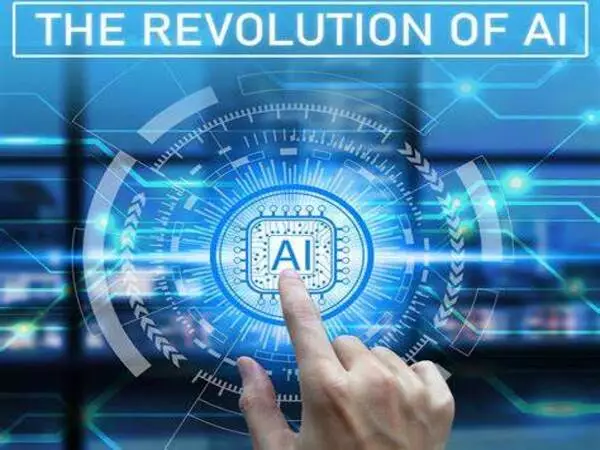AI technologies are still in their early stages, and many firms may wait for more mature solutions that provide demonstrable benefits before completely embracing them. AI implementation in the workplace can be costly and time-consuming. Small and medium-sized businesses, in particular, may find it difficult to devote the essential resources.
According to new data, the United Kingdom faces a growing split between organizations that have invested in new, artificial intelligence-enabled digital technologies and those that have not. According to a nationally representative poll conducted by the Digital Futures at Work Research Centre (Digit), just 36% of UK companies have invested in AI-enabled technologies such as industrial robots, chat bots, smart assistants, and cloud computing in the last five years. The survey was carried out between November 2021 and June 2022, with a second wave now underway.
The research was led by academics at the University of Leeds, with colleagues from the Universities of Sussex and Cambridge, and discovered that just 10% of firms who had not already invested in AI-enabled technologies planned to do so in the next two years.
Our findings suggest there is a need to focus on a different policy challenge. The workplace AI revolution is not happening quite yet. Policymakers will need to address both low employer investment in digital technologies and low investment in digital skills, if the UK economy is to realise the potential benefits of digital transformation.
Professor Mark Stuart
The new data also indicates a worsening skills shortage. Despite the fact that 75% find it difficult to hire workers with the necessary abilities, less than 10% of businesses predicted a need to invest in digital skills training in the next years. Almost 60% of employers said no one in their organization had undergone formal digital skills training in the previous year.
“A mix of hope, speculation, and hype is fueling a runaway narrative that the adoption of new AI-enabled digital technologies will rapidly transform the UK’s labor market, boosting productivity and growth,” said lead researcher Professor Mark Stuart, Pro Dean for Research and Innovation at Leeds University Business School. These hopes are frequently coupled by concerns about job losses and even existential jeopardy.
“However, our findings suggest there is a need to focus on a different policy challenge. The workplace AI revolution is not happening quite yet. Policymakers will need to address both low employer investment in digital technologies and low investment in digital skills, if the UK economy is to realise the potential benefits of digital transformation.”

Stijn Broecke, Senior Economist at the Organisation for Economic Co-operation and Development (OECD), said: “At a time when AI is shifting digitalization into a higher gear, it is important to move beyond the hype and have a debate that is driven by evidence rather than fear and anecdote. This new report by the Digital Futures at Work Research Centre (Digit) does exactly this and provides a nuanced picture of the impact of digital technologies on the workplace, highlighting both the risks and the opportunities.”
According to the poll, the top motivations for investing were to improve efficiency, productivity, and product and service quality. The primary reasons for non-investment, on the other hand, were AI being irrelevant to company activities, broader business risks, and the sort of skills required.
This survey found minimal indication that investing in AI-enabled technology results in employment losses. In reality, digital adopters were more likely than non-adopters to have grown their employment in the five years preceding the study.
Researchers are now encouraging legislators to focus on the reality of AI in the workplace as governments strive to stay up with new technological breakthroughs.















